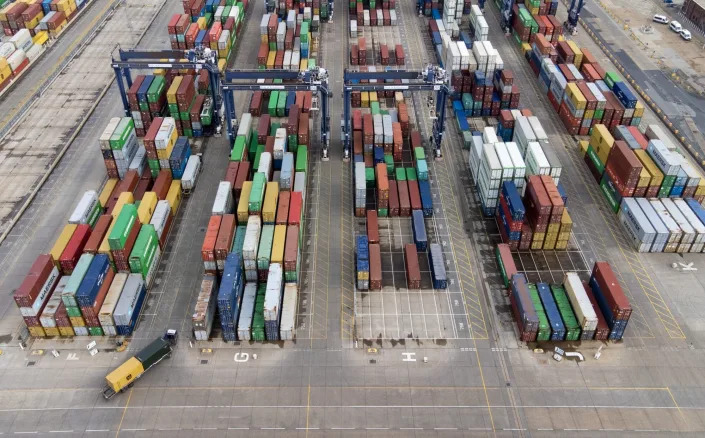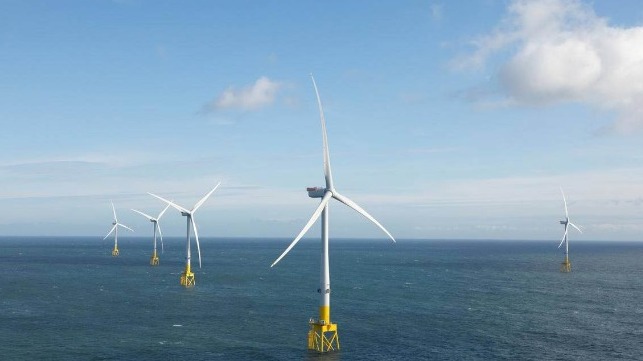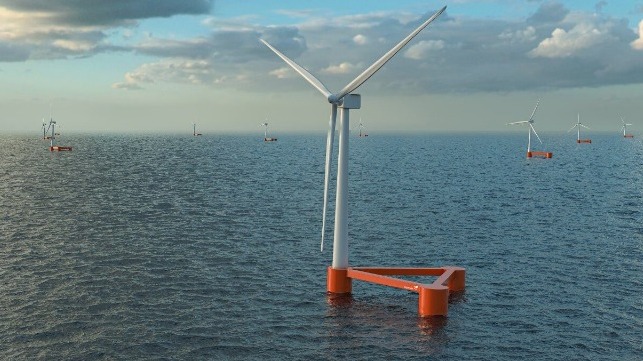TPP
Legal Advice Sought Over Canadian Backflip On Dairy Trade
Trade Minister, Todd McClay, has slammed Canada’s refusal to comply in full with a CPTPP trade dispute ruling over dairy trade as “cynical” and says New Zealand has no intention of backing down.
Mr McClay said he has asked for urgent legal advice in respect of the Government’s “next move” and says the Canadian Government still has time to honour its obligations to New Zealand both in the spirit and substance of the agreement.
New Zealand initiated the dispute because Canada was not complying with Comprehensive and Progressive Agreement for Trans-Pacific Partnership (CPTPP) rules, blocking dairy exporters’ access to its market, the Minister said.
A CPTPP arbitration panel ruled decisively in New Zealand’s favour. Canada had until 1 May to change how it administered its tariff rate quotas – to stop giving its own domestic industry priority access, and to allow exporters to benefit fully from the market access negotiated in good faith between Canada and New Zealand.
“The changes Canada has published today do not comply with the ruling. Canada’s ongoing failure to meet its legal commitments is disappointing, but we have no intention of giving in on this. We back our exporters and we will defend hard-won free trade agreement commitments,” Mr McClay says.
“New Zealand’s prosperity depends on international trade, making up 60% of the country’s total economic activity. It is only through a strong economy that we can reduce the cost of living and afford the public services Kiwis deserve."
“We continue to engage in good faith throughout this process and I’ve asked officials to provide advice on next steps. I will be making an announcement on that in due course.
“New Zealand supports trade rules and takes seriously its obligations to trade partners. We expect others to show us the same courtesy,” he said.
Government of Canada urged to take action on transnational repression of Hong Kongers in Canada
Today, Hong Kong Watch published a new briefing on the safety of Hong Kongers in Canada in the face of transnational repression and foreign interference.
This briefing warns about new threats expected to be faced by Hong Kongers with the passing of the new Safeguarding National Security Bill under Article 23 of the Basic Law of Hong Kong. It also includes case studies of transnational repression experienced by the diaspora in Canada, and recommendations for the Government and parliamentarians.
This briefing was presented to Canadian Parliamentarians in an online briefing session today. Among those in attendance were the offices of Senator Leo Housakos, Jean Yip MP, Tom Kmiec MP, Stéphane Bergeron MP, Jenny Kwan MP, and Greg McLean MP.
Hong Kong Watch’s key recommendations for the Government of Canada and Parliamentarians are as follows:
Condemn Hong Kong’s Article 23 legislation and clearly state that the extraterritorial provisions of the law will not be applied in Canada, and any attempts to do so will be duly prosecuted according to domestic law;
Create an interdepartmental agency to combat transnational repression;
Establish a foreign agent registry;
Relevant committees undertake a study on transnational repression in Canada; and
Establish a reporting hotline in Cantonese for Hong Kongers facing transnational repression in Canada.
The full briefing can be read here.
Katherine Leung, Hong Kong Watch’s Policy Advisor for Canada, commenting on the briefing, said:
“With the passage of new security legislation under Article 23 in Hong Kong and its extraterritorial implications, it is increasingly important for the Government of Canada to take seriously the issue of transnational repression faced by the Hong Kong community in this country. The rights and freedoms that Hong Kongers came to Canada for are under threat.
We urge the Government to implement a strong framework to protect Hong Kongers who now reside in Canada from transnational repression and foreign interference, ensuring that the long reach of Beijing cannot harm those who are now on Canadian soil for exercising their rights and freedoms.”
香港監察就在加港人安全發表簡報 促請加國政府採取行動應對跨國鎮壓
今天,香港監察就香港人在加拿大面對跨國鎮壓和外國干預時的安全問題發表新簡報。
香港當局最近通過根據《基本法》第23條所制訂的《維護國家安全條例》(俗稱23條),這份簡報就香港人在新法下料將面臨的新威脅作警告。此外,簡報載有加拿大離散社群所經歷的跨國鎮壓個案研究,以及給加拿大政府和國會議員的建議。
香港監察在今天舉行的網上簡報會上,向加拿大國會議員匯報這份簡報。與會者包括參議員Senator Leo Housakos、國會議員Jean Yip MP、Tom Kmiec MP、Stéphane Bergeron MP、Jenny Kwan MP、Greg McLean MP或其辦事處代表。
香港監察向加拿大政府和國會議員提出的主要建議如下:
譴責香港23條立法,並明確表示23條的域外條文不適用於加拿大,任何企圖這樣做的行為均將根據國內法律受到適當起訴;
成立跨部門機構打擊跨國鎮壓;
設立外國代理人登記處;
相關委員會就加拿大發生的跨國鎮壓展開研究;及
為在加拿大面對跨國鎮壓的香港人設立廣東話舉報熱線。
請在此處閱讀簡報全文。
香港監察加拿大政策顧問Katherine Leung表示:
「有見香港根據23條通過新國安法及其潛在域外影響,加拿大政府愈須認真對待香港社區面對的跨國鎮壓問題。香港人赴加所尋求的權利和自由現正受到威脅。
我們促請政府制訂穩固的框架,保護現居加拿大的香港人免受跨國鎮壓和外國干預,確保北京的長臂不會危害現時在加拿大國土上行使權利和自由的人。」
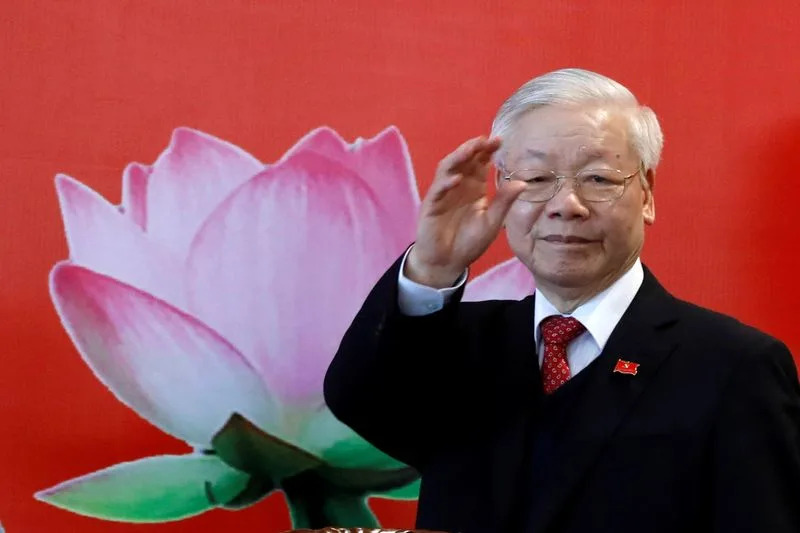
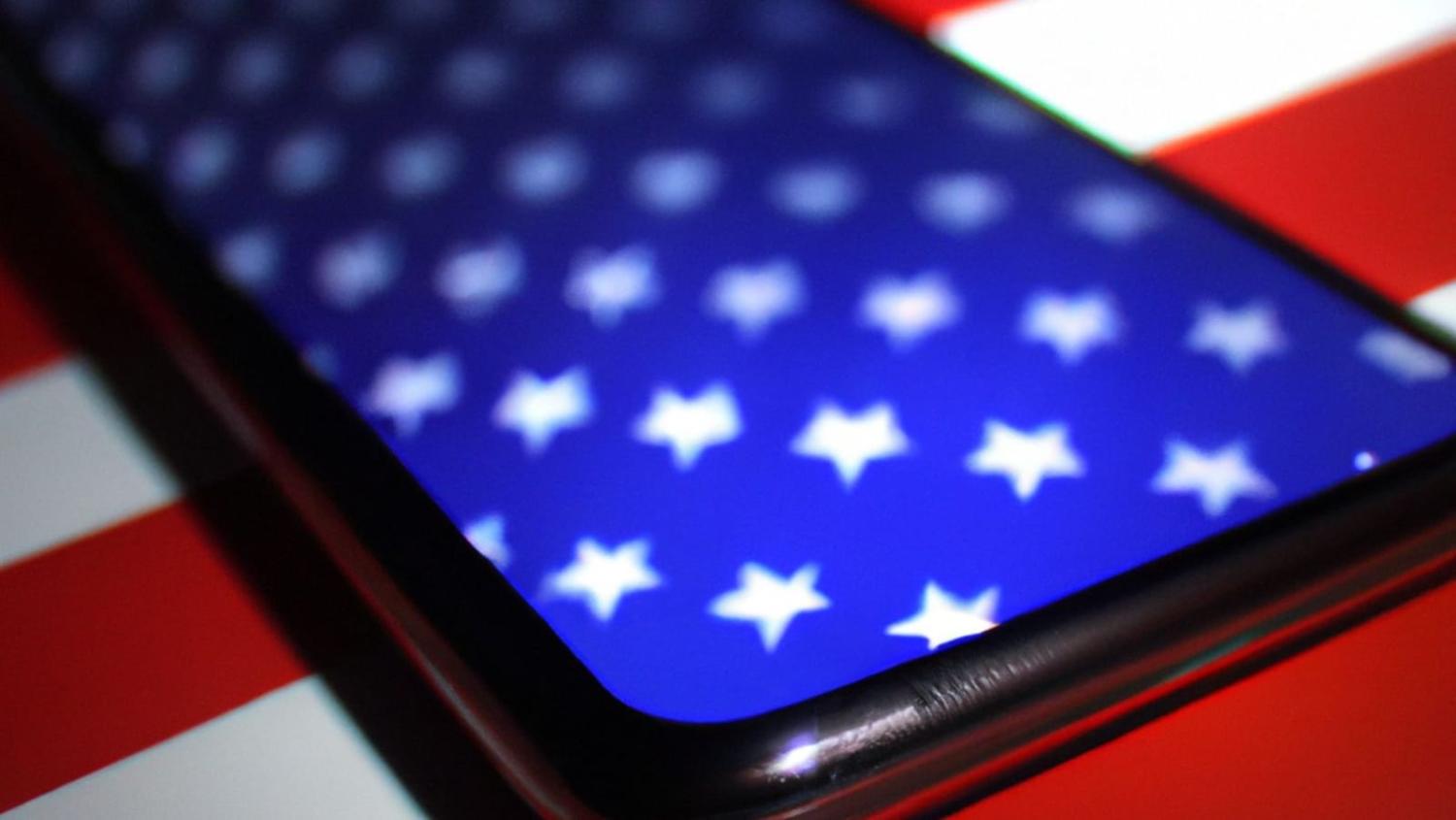
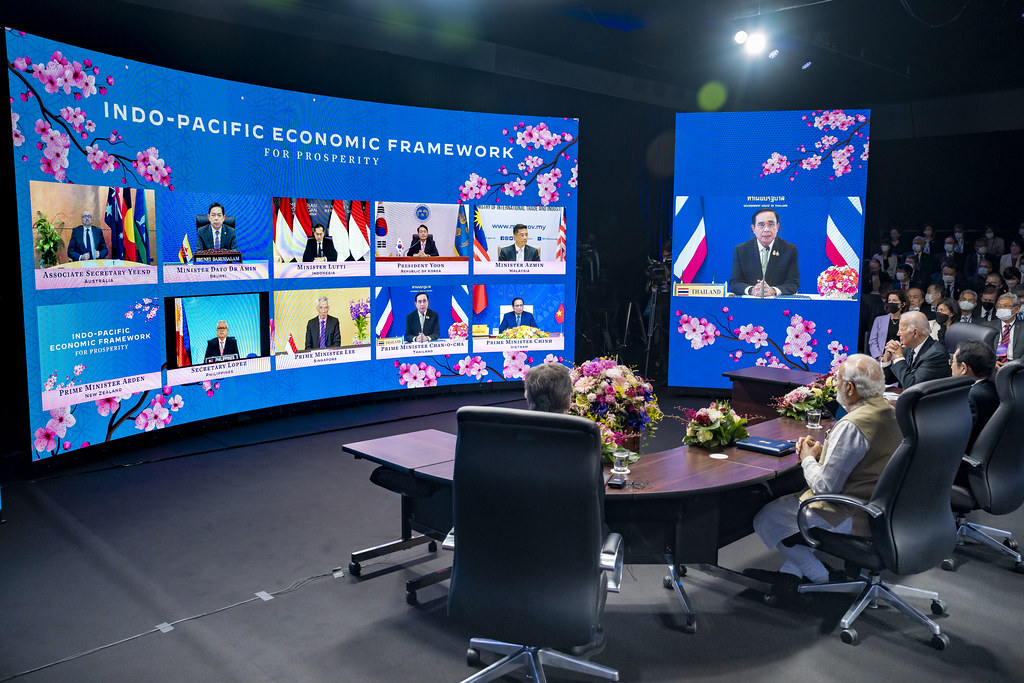 A launch event for the Indo-Pacific Economic Framework for Prosperity (IPEF) in May 2022 ahead of the Quad summit in Tokyo (Adam Schultz/Official White House Photo)
A launch event for the Indo-Pacific Economic Framework for Prosperity (IPEF) in May 2022 ahead of the Quad summit in Tokyo (Adam Schultz/Official White House Photo)





